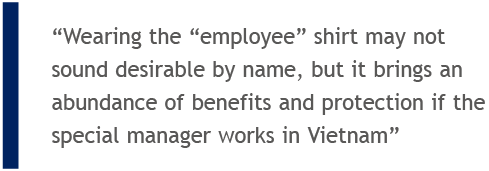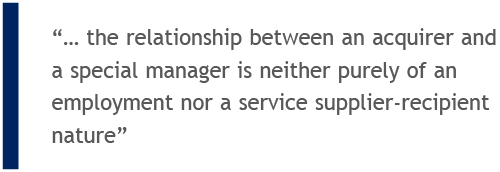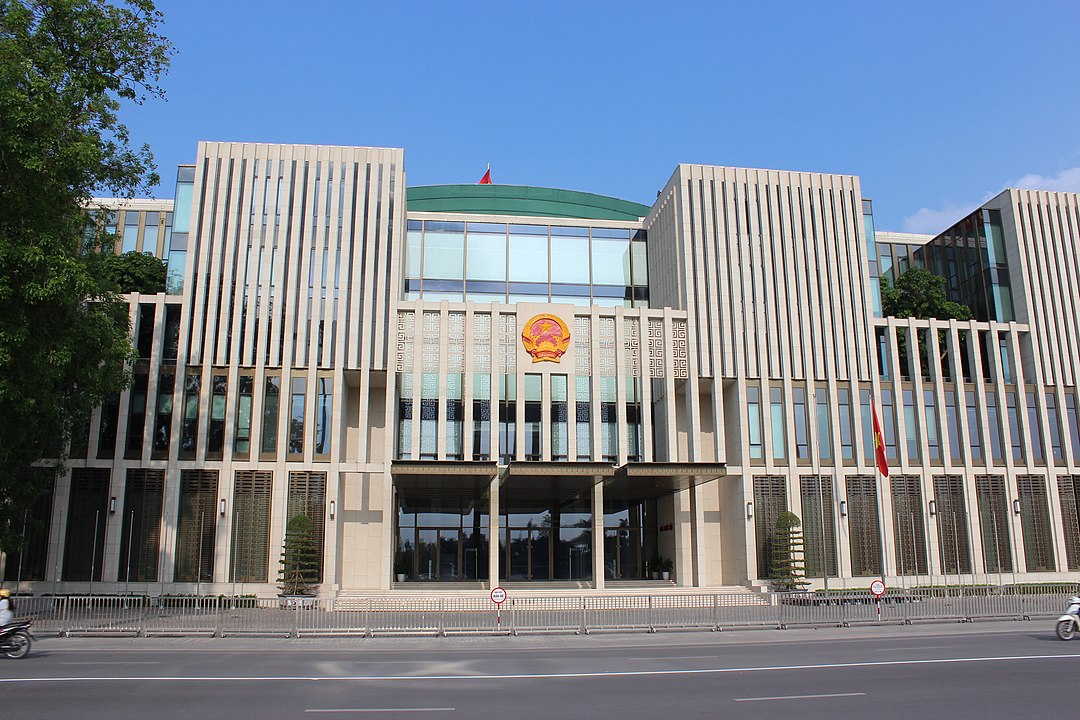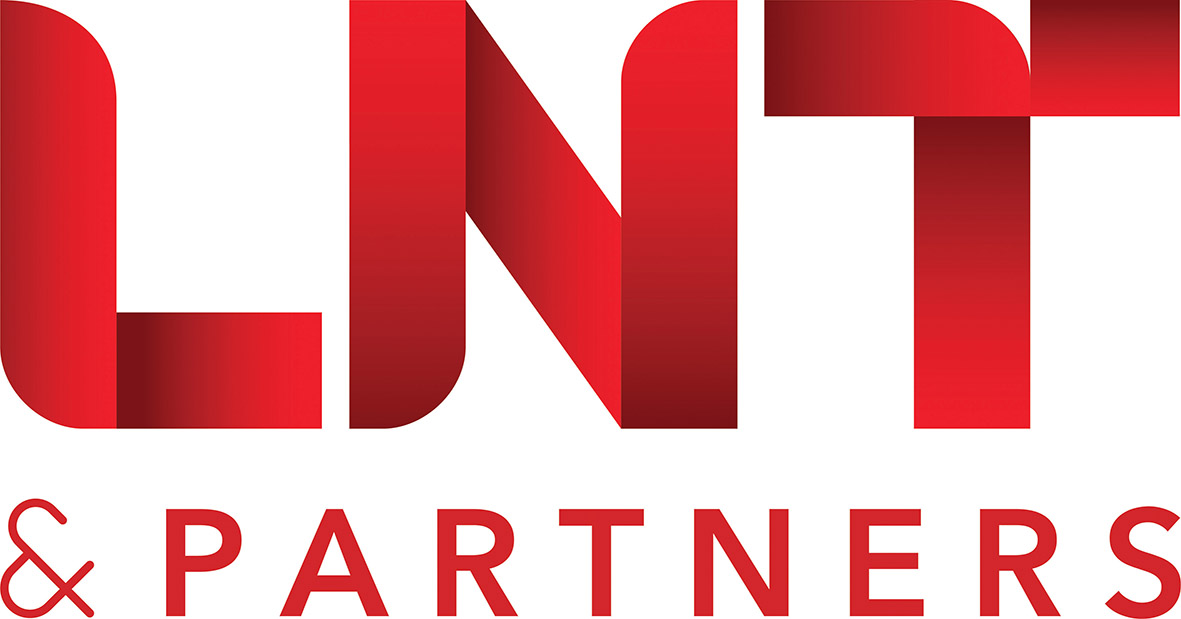 Published in Asian-mena Counsel: Mergers & Acquisitions Special Report 2019
Published in Asian-mena Counsel: Mergers & Acquisitions Special Report 2019
By Bui Ngoc Hong, LNT & Partners
Successful cooperation between a special manager and the acquirer requires the involved parties to know, name and manage this relationship.
 A “special manager” in this article means a key manager who formerly founded/owned a company and, after selling most or all of their shares in the company, is retained by the buyer to continue working there as a key manager for an agreed period of time.
A “special manager” in this article means a key manager who formerly founded/owned a company and, after selling most or all of their shares in the company, is retained by the buyer to continue working there as a key manager for an agreed period of time.
Warren Buffet once said, “You can’t make a good deal with a bad person.” Yet ironically, it is also often difficult for people who are “too good” to make a good deal with each other, and this precisely describes the relationship between the acquirer and the special manager(s) they retain for the acquired business. The manager cannot be a “bad” person, at least in terms of talent, since they have built up a company successful enough to attract the acquirer. Similarly, neither can the acquirer be considered a “bad person” in that they have chosen to not only acquire the manager’s company, but also to retain the manager for cooperation.
A special manager is special not only because of their talents, but also because of their legal status. Before selling their shares in their own company, they are the owner-employer. Subsequently, after selling the said shares, they may be perceived as being employed by the very company which they no longer own. The nature of the legal status would be more difficult to define if the manager sold only part of their shares and stayed at the company — which they now co-owned with the acquirer — as a minority shareholder and concurrently its manager. The circumstance is special in that it is almost impossible to decidedly label the manager as an employee or not of the company.
But successful cooperation between the special manager and the acquirer requires the involved parties to know, name and manage this relationship.
What legal shirt should the relationship between a special manager and an acquirer be dressed in?
Basically there are two designs that a special manager could wear: an employment relationship shirt which is manifested as an employment agreement, or a service supplier shirt manifested as a management service agreement. In the former, the special manager is an employee, while in the latter, a service supplier. The laws of Vietnam permit the parties to freely decide which legal shirt they would like to put on.
For the manager, the role “employee” is self-explanatorily contrary to “employer”, and thus it would seemingly be more desirable for them to wear the shirt of a service supplier. In reality, however, most would prefer to choose an employment agreement, not a service agreement, to be the legal instrument governing their relationship with the company. Why?

What’s in it for the special manager to be positioned as an “employee”?
Wearing the “employee” shirt may not sound desirable by name, but it brings an abundance of benefits and protection if the special manager works in Vietnam. If defined as “employment” the relationship will be governed exclusively by the laws of Vietnam, particularly by Vietnamese labour regulations which are infamous for their employee-friendly reputation, and further protected by the exclusive jurisdiction of the Courts, not arbitration.
Being an employee means the special manager will have access to the full social welfare benefit package, which consists of, for instance, annual paid leave, maternity leave (of six months), payment of social insurance and so on.
On the other hand, sanctioning an employee for breach of the employment agreement is required to undergo a tightly regulated procedure, often with the participation of employee-protecting agencies such as the trade union and the conciliation organ. Provisions on confidentiality and non-competition are fairly difficult to enforce because, inter alia, these terms may be deemed a violation of the employee’s freedom to choose their job and workplace. Should termination be the employer’s final recourse, termination of an employment contract, especially those with employees of high seniority, is often difficult if not impossible. By contrast, from where the special manager stands, unilateral termination is just a matter of prior notice.
What’s in it for the acquirer if the special manager wears the “service supplier” shirt?
It would be easier for the acquirer to manage the relation if the parties can agree that the special manager would wear the “service supplier” shirt. The legal relationship would now be governed by commercial, not labour, law, and can even be made subject to a foreign jurisdiction; employee related benefits can be cut; confidentiality and non-competition provisions should be contractually binding and enforceable; and termination of the relationship is to be freely agreed by and subject to negotiation between the contracting parties without interference from pro-employee regulations.

Is a win-win possible?
In many cases, the acquirer needs the special manager so much that the former must agree for the latter to wear the “employee” legal shirt. In such a case, how should the conflicting needs be balanced so as to bring about a win-win for both parties?
First, agreement on termination of the relationship should be set out in a separate agreement, with effective conditions and timing to be controlled by the acquirer. In addition, the managerial title of the special manager should be forested out not in the labour contract but in a separate appointment which can be revoked by the company.
Second, agreements on confidentiality and non-competition should in similar veins be set out in a separate agreement to be governed like any other civil transactions. This would pave the way for the argument that these agreements are not part and parcel of any labour contract but should be treated as independent agreements subject to the same legal regime and having the same enforceability as any other civil agreement.
Last, but of course not least, is to build up a cooperative, win-win culture for the relationship. As discussed thus far, the relationship between an acquirer and a special manager is neither purely of an employment nor a service supplier-recipient nature. In such a special relationship, in addition to trust and respect, it is the clarity on how the parties are to exercise their agreed respective powers, how they are to cooperate for their mutual benefits and terminate their relationship as agreed, that will be the most enforceable and efficient tool for making a good deal between “too good” persons.
This article is for information purposes only. Its contents do not constitute legal advice and should not be treated as detailed advice in any individual case. For legal advice, please contact our partners.

 Click Here to read the full issue of Asian-mena Couddnsel: Mergers & Acquisitions Special Report 2019.
Click Here to read the full issue of Asian-mena Couddnsel: Mergers & Acquisitions Special Report 2019.

















 LNT & Partners
LNT & Partners Nguyen Anh Tuan
Nguyen Anh Tuan Bui Ngoc Hong
Bui Ngoc Hong Nguyen Ha Quyen Hoang
Nguyen Ha Quyen Hoang



